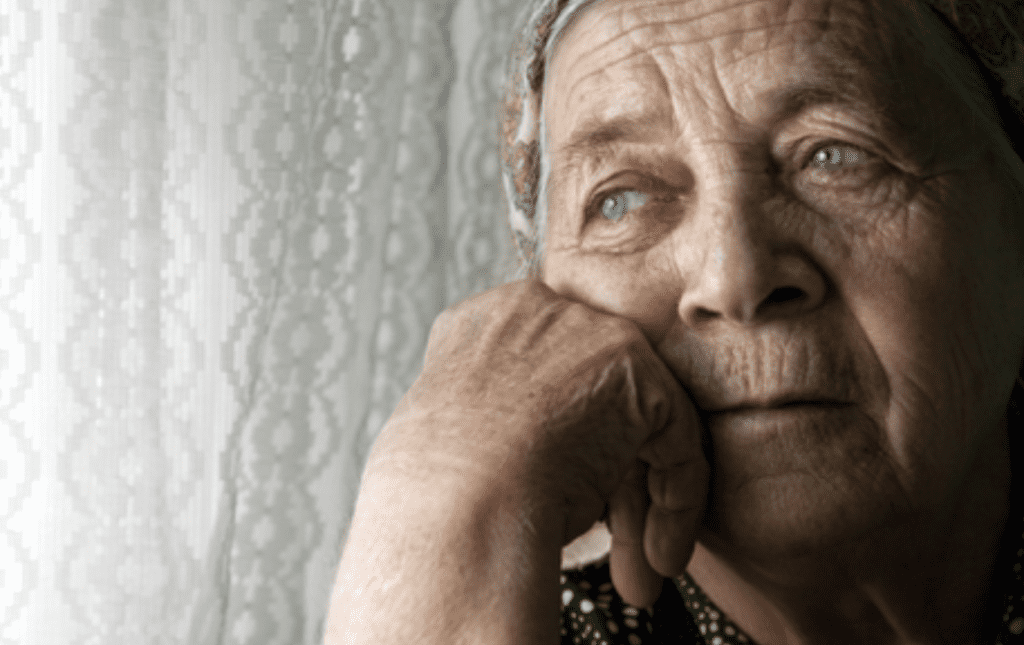By now, you have probably heard a lot about depression in general, because it has become a rather common disorder and people all over the world are struggling with it in one form or another. Yet, I am not here to talk about this disorder in general, because there is a more specific disorder that is often undiagnosed but that deserves our attention. I am talking about geriatric depression, a condition that you might not have heard of by now, but that you definitely should hear more about.
Given that you are here, though, it is probably safe to assume that you’ve recently heard this term and that you have become interested in learning as much about it as possible. You might have a family member who was diagnosed with this disorder, or you might be noticing symptoms in certain elderly people around you even though they weren’t diagnosed. Or, you might simply be a curious person who wants to understand elderly people and their mental health much better.
Whatever your specific case may be, there is one thing for sure. Simply put, this is a condition that definitely deserves to be in the spotlight, because raising awareness on it is important. The elderly are often neglected in different societies, which is certainly not a humane thing. So, by raising awareness on this disorder, we might be able to divert people’s attention to it and thus make them more empathic towards the elderly, which is rather significant.
If you are ready to learn about this specific disorder, then you’ve come to the right place, because here’s what we are going to do. In short, I am going to provide you with a list of things that you need to know about geriatric depression. So, if you continue reading, you will start understanding the condition much better and you will probably also get rid of some misconceptions that you might have had about the mental health of elderly people.
Here’s some more info on their mental health in general: https://www.who.int/news-room/fact-sheets/detail/mental-health-of-older-adults
It Is Not A Normal Part Of Aging
One of the worst misconceptions people have is that depression is basically a normal part of aging and that the elderly simply need to experience it. This kind of thinking leads to people concluding that there is nothing they can do to help, which is undeniably wrong. It would be best for everyone to stop thinking like this, because older people can also be happy and enjoy their lives. If they are exhibiting constant depressive moods, though, then something needs to be done about it.
Various Factors Can Contribute To It
Various factors can contribute to depression in general, but those factors can be different than the ones related to this disorder in younger people. Low levels of serotonin and norepinephrine, genetics and traumatic events are definitely causes of this condition, but there are also some social factors to consider. Limited mobility, isolation and financial hardships that the elderly might be experiencing can certainly be causes of depression. Additionally, dealing with chronic illnesses and with the fact that they are approaching the ends of their lives can also greatly contribute to this disorder.
The Elderly Are Often Misdiagnosed
An important thing that we need to raise awareness of is the fact that the elderly are often misdiagnosed because medical professionals, for one reason or another, fail to think of depression when older people are in question. Thus, this condition usually goes unnoticed and seniors get a different diagnosis, such as Alzheimer’s for instance. So, it is important for medical professionals to screen for depression before setting any other diagnosis, because this disorder should not go untreated.
The Geriatric Depression Scale Helps With Diagnosis
Speaking of screening, those medical professionals should always use the geriatric depression scale in order to check for this disorder. This scale uses a different approach than some other depression screening tools and it is aimed specifically at older people. It consists of a series of questions that focus on mood, participation in certain activities, a general outlook on life, as well as concerns that these people might have about their cognitive abilities such as their memory. Using this tool is important as it will help discover geriatric depression instead of letting these people go undiagnosed.
Therapy & Medication Can Help Treat The Condition
Now, if this disorder has been discovered, the next logical step is to start treating it. The best course of treatment here includes a combination of medication and psychotherapy. Keep in mind that not everyone will respond the same way to the same medications or to the same types of therapies, meaning that the treatment should be tailored specifically to individuals. This personal approach is the best way to help these people, so if you are a medical professional, make sure to always have that in mind.
You may also like
-
White Label CBD Europe: Quality You Can Trust
-
Teach Your Child About The Importance Of Dental Health On Time
-
Taking Control of Your Mental Health: Tips and Strategies
-
CBD vs Delta-8 vs Delta-9: What’s the Difference and How Can Busy Parents Benefit from Each?
-
The Science Behind Aging Well: Why Seniors Need to Stay Active
